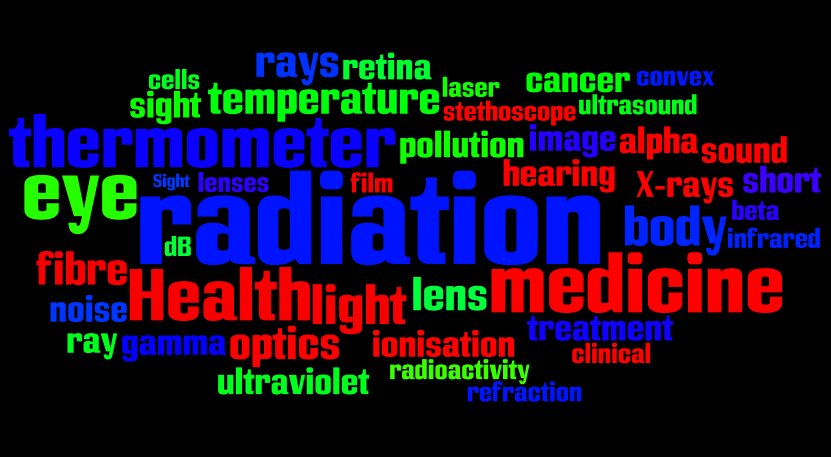
 "I think that physicists can do pretty much anything. Our training can be applied to almost any activity, and it allows us to see things in ways that might not be obvious to others" [Simon Singh, science writer and broadcaster]
"I think that physicists can do pretty much anything. Our training can be applied to almost any activity, and it allows us to see things in ways that might not be obvious to others" [Simon Singh, science writer and broadcaster]Physicists play a vital role in many technology based industries such as optoelectronics, nanotechnology, computing and renewable energy. Others work on investigating the universe; searching for extra-solar planets or looking for the remnants of the big bang. Others still go on to apply their knowledge in healthcare (medical physics), studying the processes of the Earth (geophysics) or the climate (meteorology).
The knowledge and skills that studying physics develops are important in other areas as well. Predicting future market behaviour is vital in finance, and so a physicist's ability to model complex systems is particularly valued in this sector, while a logical approach and ability to understand new technology is useful in law, for example, when patenting new inventions.
Physics provides a broad training in skills that are valued by all employers; an ability grasp concepts quickly, a determination to find coherent answers, along with problem-solving, analytical, mathematical and IT skills. Even if you decide that you don't want to work in any physics-related industry after your degree, the skills and knowledge that you develop by studying physics will always help you in whichever area you go into. Studying physics at degree level is a good way of keeping your options open
The salaries of physics graduates are also well above the national average. Over a working lifetime, the average physics graduate earns 30% more than someone holding just A-levels. This compares favourably with the average for graduates in all subjects (23%) and is about double the advantage gained by studying subjects such as psychology, biological sciences, linguistics and history.
To find out more about careers from physics see the careers section
No comments:
Post a Comment